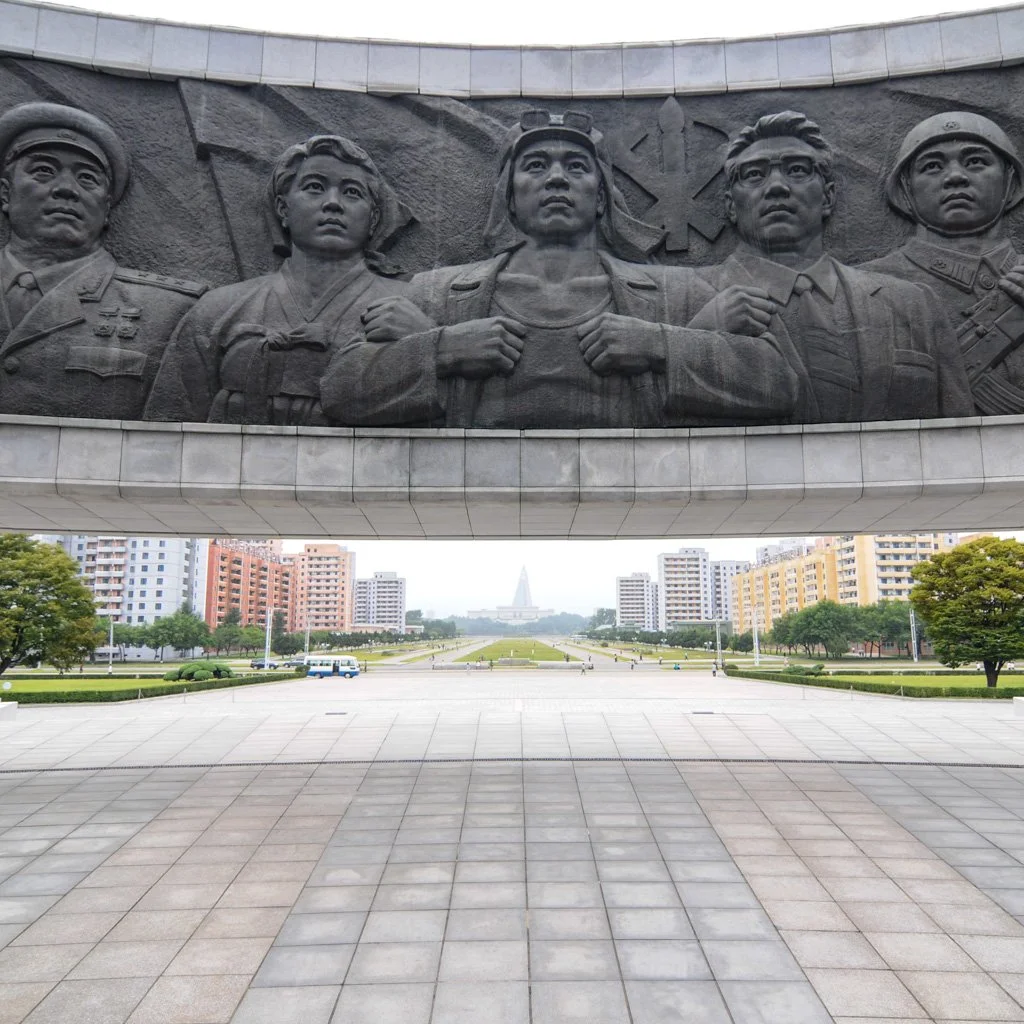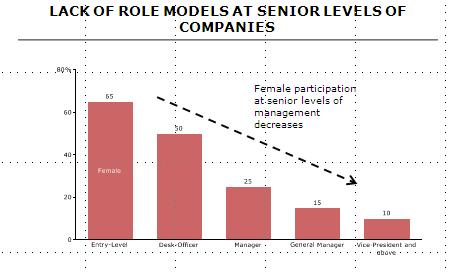Three years into the pandemic, Choson Exchange thrives with online programmes in North Korea
Annual Report - in Korean
I don't know how many readers of our blog only read Korean (probably zero), but just in case, and for your friends who don't read English, here is our 2013 Annual Report in Korean.
CE 2013 Annual Report
This is the moment you have been waiting for...the new Iphone 6 has arrived. Just kidding. You probably were not waiting for this moment, but here's our Annual Report for 2013 anyway.
2012 Annual Report
We are excited at introducing our 2012 annual report, capturing highlights from a year where we have continued to push the innovation frontier for programs in North Korea. The report kicks off with the following introduction from Managing Director Geoffrey See:
This year, we continued to grow programs we have conducted since 2010. On the operational side, we have improved our ability to execute well on programs, with a 17% selectivity ratio for our overseas programs, and managed to bring the average age for overseas program participants to 31 years old.
We have also continued to push program frontiers with a new program in Singapore housing DPRK interns at a startup incubator. We believe that such an unstructured work experience provides the most realistic introduction to entrepreneurship. More than half of the participants we selected for the program were female.
Next year, we look forward to opening a full-time office in Beijing, and to kickoff a new flagship Women in Business program focusing on young and high-potential female business managers and entrepreneurs.
Click here for our 2011 Annual Report.
Rason Report: "The Honeymoon is Over"
"The honeymoon period is over,” was the summary of 2012 in Rason by one investor. This wasn’t meant to reflect an end to investors’ dreaminess about Rason, but of Rason’s honeymoon with itself, so to speak. With the recent legal changes, road construction and a series of meetings between high officials over the last couple years, it was imagined that big-time investments would come flooding in. Investment does continue into the SEZ, but mostly from small- and medium-sized businesses that lack truly transformative power. This does not mean, however, that development is not taking place. A key piece of infrastructure is finished, while both local administrators and foreign investors eagerly anticipate other pieces.
Choson Exchange visited Rason during the 2012 Rason International Trade Fair with Hanns Seidel Foundation to explore the potential for joint projects.
Here is our report from last year, upon which this year's builds.
Female Participation in North Korea's Business Sector
In our workshops in North Korea, we have interacted with a number of highly-educated female managers in state-owned enterprises as well as businesswomen who run their own enterprises. Many of them are both highly capable and excited about growing the businesses they own. They have come a long way, and some even have the opportunity to take their businesses overseas. Haedanghwa, a North Korean restaurant and food business in Beijing, has a female General Manager by the name of Han Myong Hui. The restaurant aims to “provide pollution -free raw materials and seasoning from Korea and ensure unchangeable taste based on the strict hygienic quality management system” which is not too bad a value proposition given the perpetual smog sitting over Beijing. During my first trip to North Korea I met a female university student who talked about how she wanted to go into business and show that females can be good business leaders. In fact, this the initial impetus for setting up Choson Exchange. Females play an important part in North Korea’s business sector, which we attribute to their greater labor mobility compared to male colleagues who have to stay in government-assigned positions. Unsurprisingly, service sectors tend to have a higher representation of female managers compared to industrial sectors.
However, at many levels they are still under-represented. We previously surveyed a North Korean who is familiar with North Korea’s business sector, and found that as we go up the organizational hierarchy, female participation rates fall to 10-15% at the General Manager and more senior levels, compared to 65% at the entry level (we believe they are over-represented here because of stagnant career progression).
Our initial hypothesis was that access to business training and international opportunities could go a long way towards leveling the playing field for female managers in North Korea. We found that at the University of National Economy, a key focal point for business training, only 20% of enrollees are female. Furthermore, only 5% of international business opportunities are given to females. Depending on our ability to fund-raise for such a program, we hope to be able to more actively target this segment in order to bridge the capacity gap.
A program that will ensure a more level playing field should focus on providing networking opportunities, business and leadership skills training, and opportunities for international business exposure.
A Convergence of Interests: Prospects for Rason Special Economic Zone
In this paper written for Korea Economic Institute's Academic Paper Series, Andray explores the ongoing changes seen in Rason. The paper is available to download here.
Abstract:
Rason, North Korea’s Special Economic Zone located in the far Northeast of the country, is undergoing change at a pace unseen in its twenty-year existence. Its history has been one of insufficient support, both from leadership in Pyongyang and from external actors. Now, however, amid political transition in North Korea, reform and reoganization have taken place in the SEZ, while at the same time China has included Rason in its ambitious plans to develop its Northeastern province of Jilin. These changes demonstrate Pyongyang’s increasing need to reach out to foreign investors to reinvigorate its economy. They also point toward China’s desire to develop its Northeast region and promote stability while increasing its leverage over North Korea’s economic growth. Despite the myriad challenges facing both the SEZ and North Korea’s economy, these factors give Rason better prospects for development than we have seen before.
Choson Exchange 2011 Annual Report
On behalf of the Choson Exchange team, I would like to present our 2011 Annual Report. Our report covers the following areas: Plans for 2012, Activities & Feedback, Research, Communicating Our Work, Management, Financial Situation and a List of Media Coverage for 2011. Read our 2011 Annual Report here. -----------------------------------------------------------
Just 5 days before Kim Jong Il passed away, we had finalized our programs for 2012 with our North Korean partners. A few days after Kim Jong Il’s passing, we got in touch with our North Korean partners and they still expect us to proceed with programs for 2012. We see in this transition period an important opportunity to broaden the impact of our work through dialogue with an emerging generation of leaders. Our core mission remains the same, although we will need to expand fundraising as we ramp up our efforts for this critical period.
After reviewing previous and current programs, we decided that we will continue to focus on a rigorous selection process to pick exceptional young North Koreans for exceptional learning opportunities.
In addition, we intend to identify areas of potential policy changes in partnership with North Koreans and focus on training in those areas. This will allow us to bring training closer to actual implementation of knowledge. We also decided that a major long-term emphasis should be to build cross-institutional linkages and in developing institutions that can facilitate these linkages. This follows feedback from North Koreans who observed that economic-policies in North Korea can benefit greatly from greater communication and coordination among economic agencies.
Yours sincerely, Geoffrey See Managing Director at Choson Exchange
August 2011 Rason Report
Andray Abrahamian, accompanying Hanns Seidel Foundation, traveled to Rason in August 2011 to attend the 1st Rason Trade Fair and explore training needs for company managers and SEZ administrators. This was Choson Exchange's first visit to the Special Economic Zone and hopefully has laid the groundwork for future training sessions.
While there is a lot of information about Rason out there, there seems to be a lack of current, centralized easily findable and citeable facts. This brief report intends to provide some basics on the infrastructure of the zone.
Investment Laws in the DPRK
In June, Choson Exchange took a fact-finding and training needs-mapping trip to Pyongyang. The main impetus for the trip was to get a better understanding of the legal structure that the DPRK has in place to govern inbound foreign investment. We found a legal structure that draws heavily on China's experiences. Our full findings are in this report. Key points include:
- Investment projects categorized into encouraged, permitted, restricted and prohibited categories.
- As in China, foreign enterprises require a local business vehicle to conduct FDI; the primary business vehicles available in the DPRK are limited liability corporate bodies and representative offices.
- The JVIC (Joint Venture and Investment Commission) and other government bodies (if applicable) will review the business scope, capitalization and other aspects of a proposed corporate body prior to incorporation.
- Investment in Rason will be particularly encouraged. According to JVIC, corporate bodies established in Rason can also apply to do business elsewhere in the DPRK.
- The operations and governance of DPRK corporate bodies are set out in law, including scope of activities, investment scale, limited liability, location, management, staffing and repatriation of profits.
- Domestic and Foreign arbitration is the primary mechanism for resolving commercial disputes between DPRK and foreign parties.
- Some ambiguities remain. Will laws be enforced uniformly and consistently?
Full report here.






